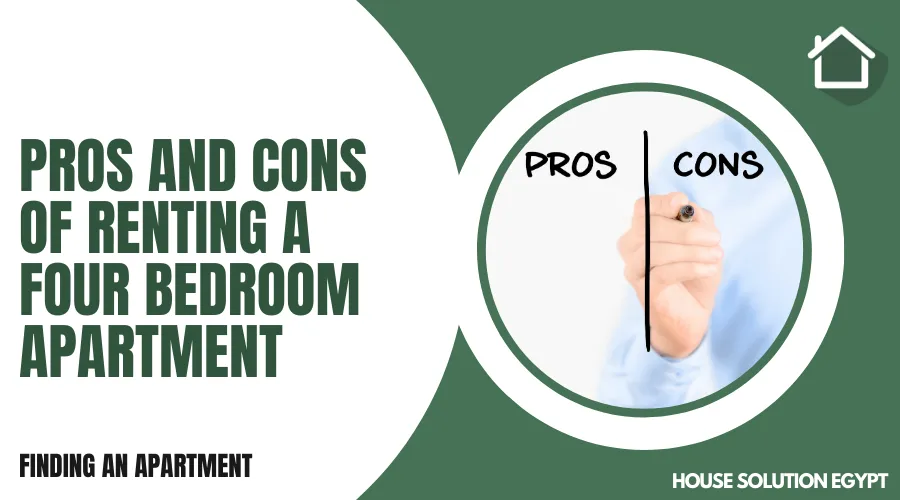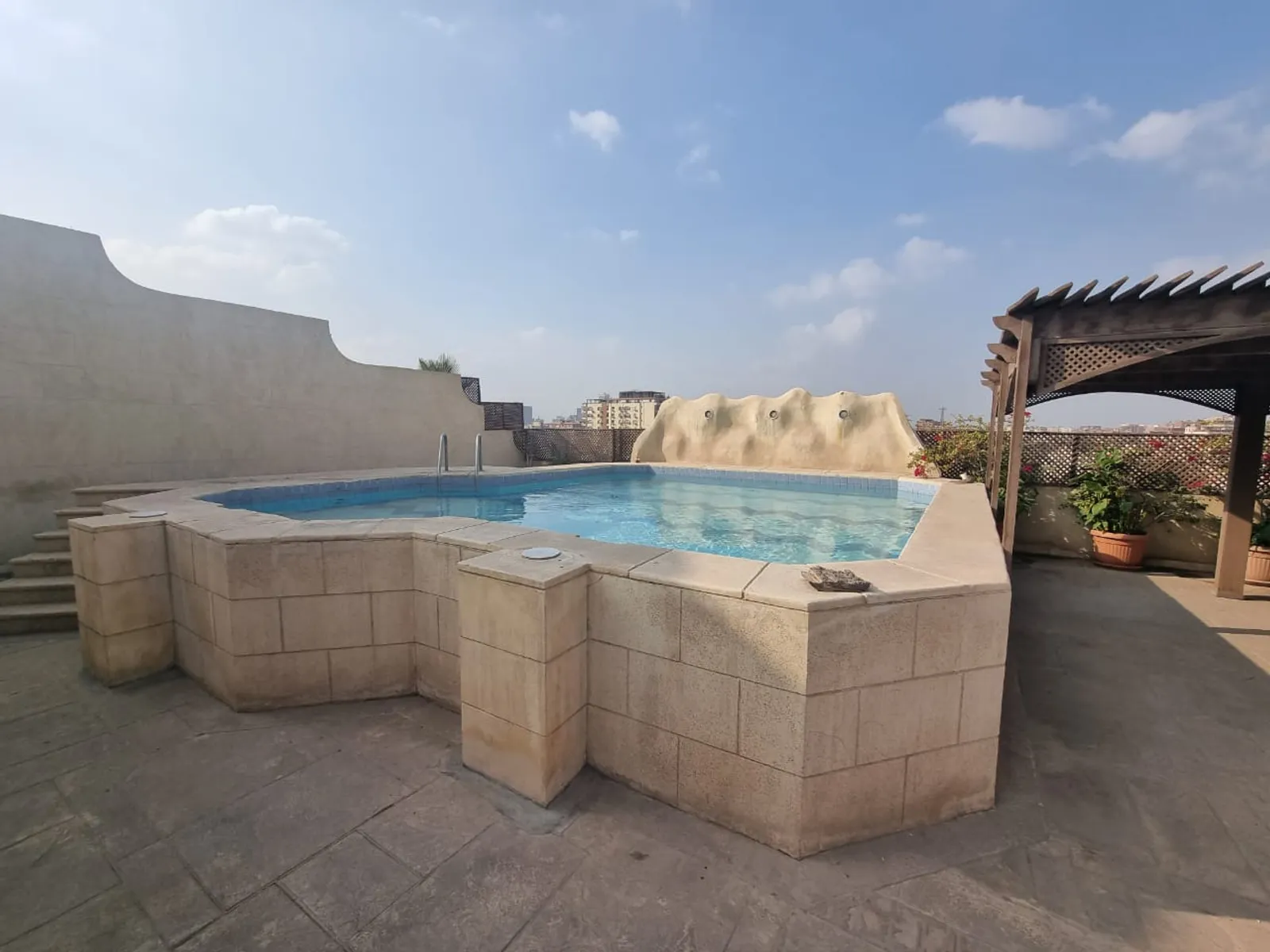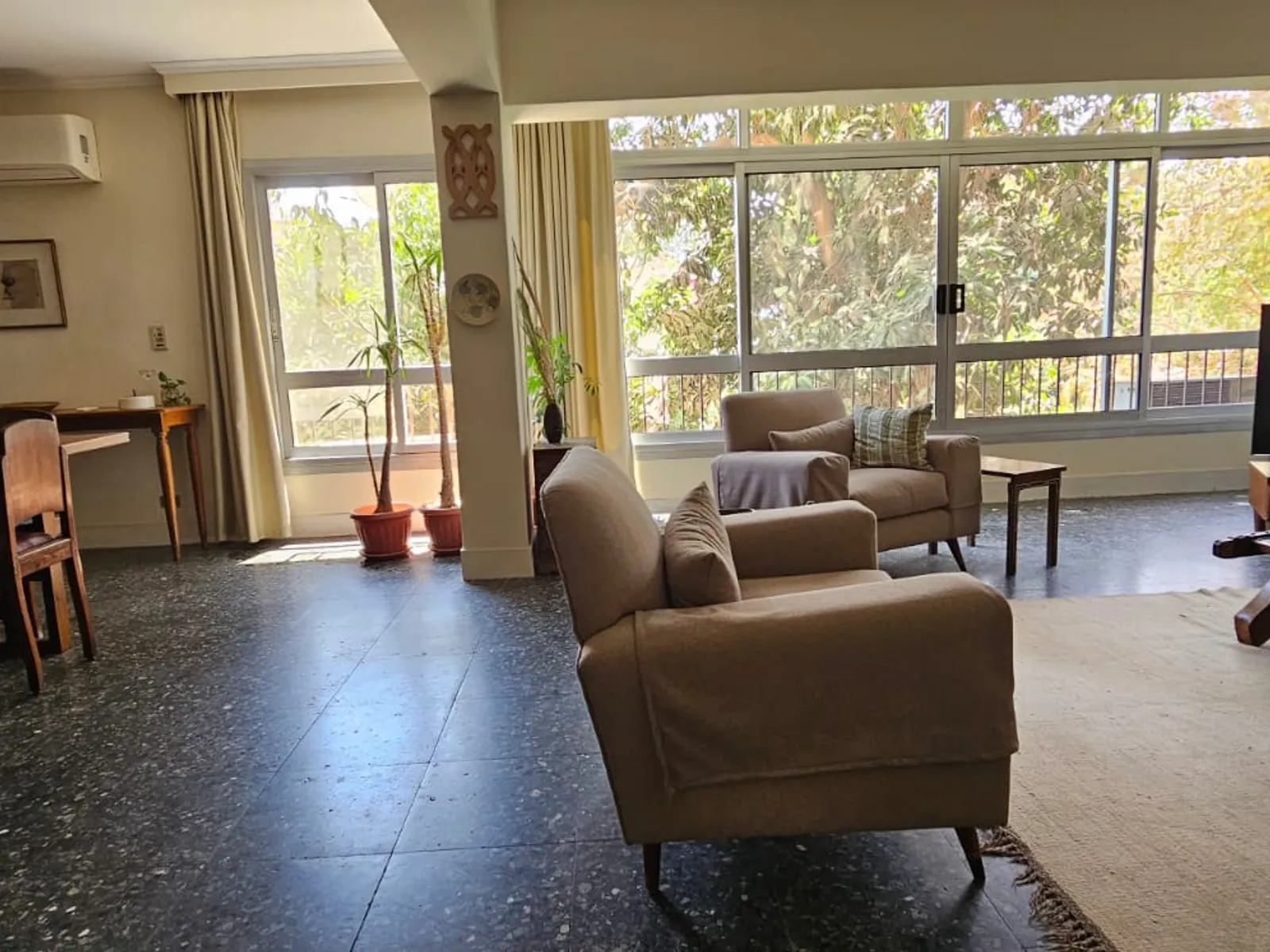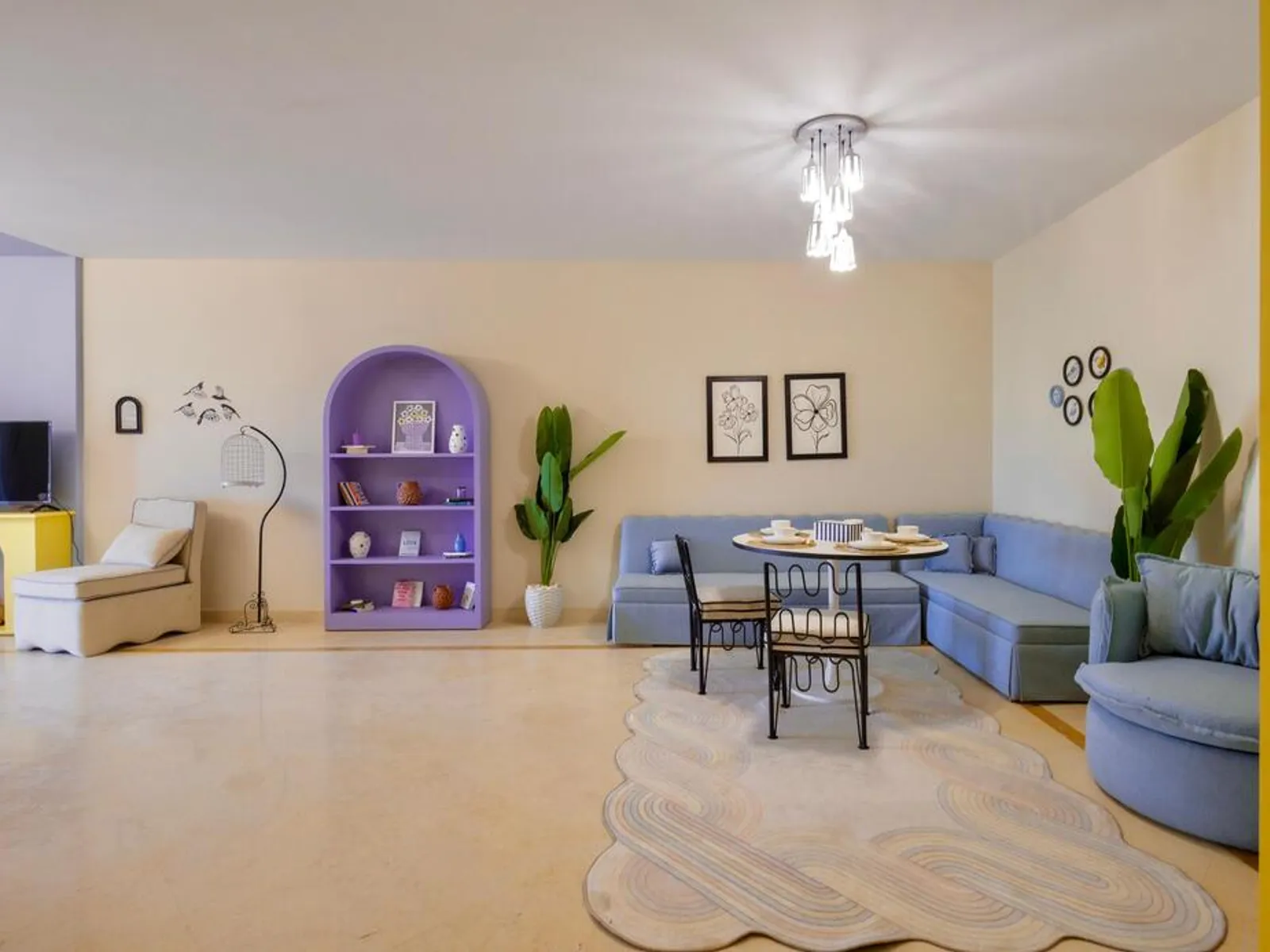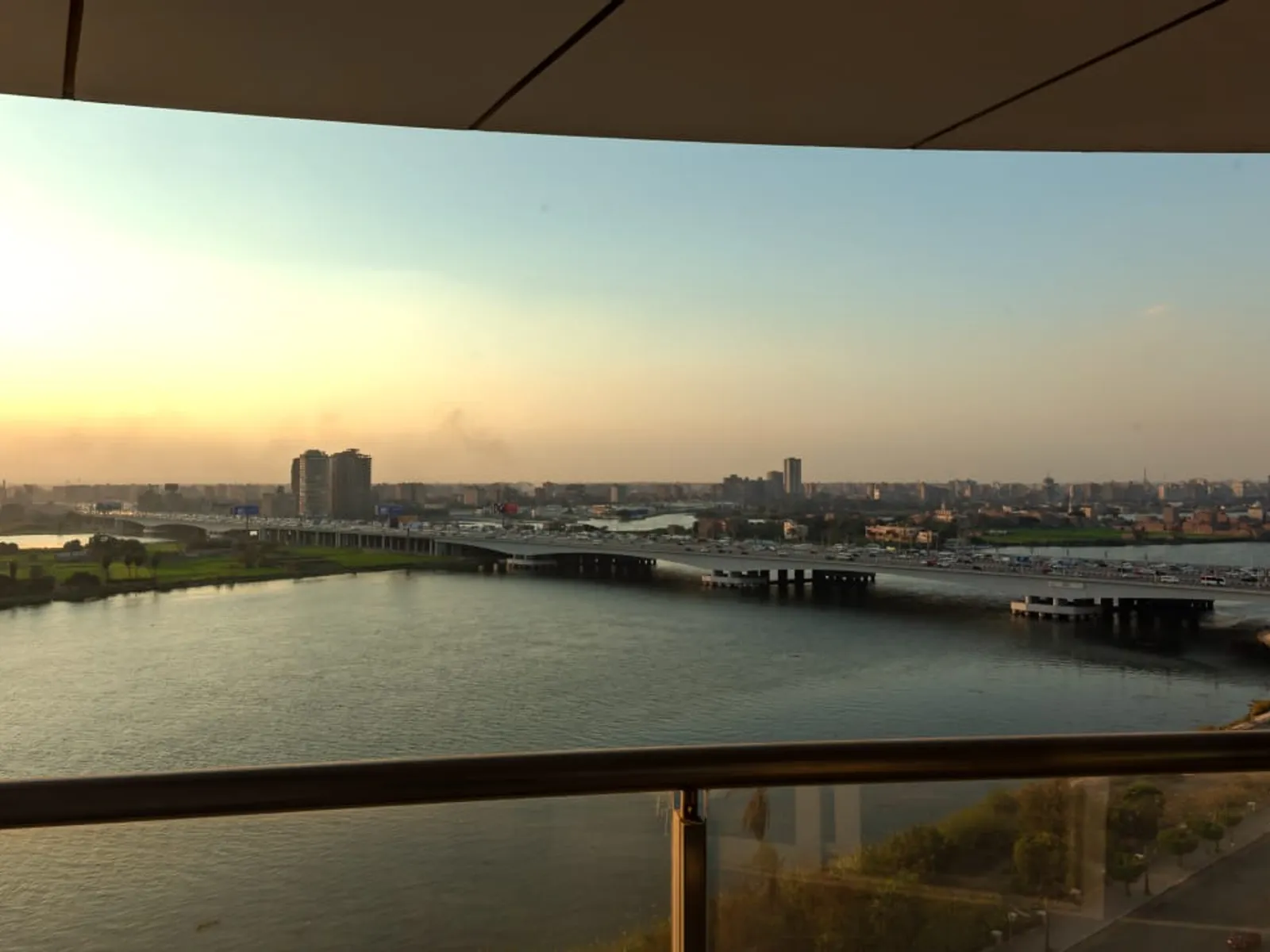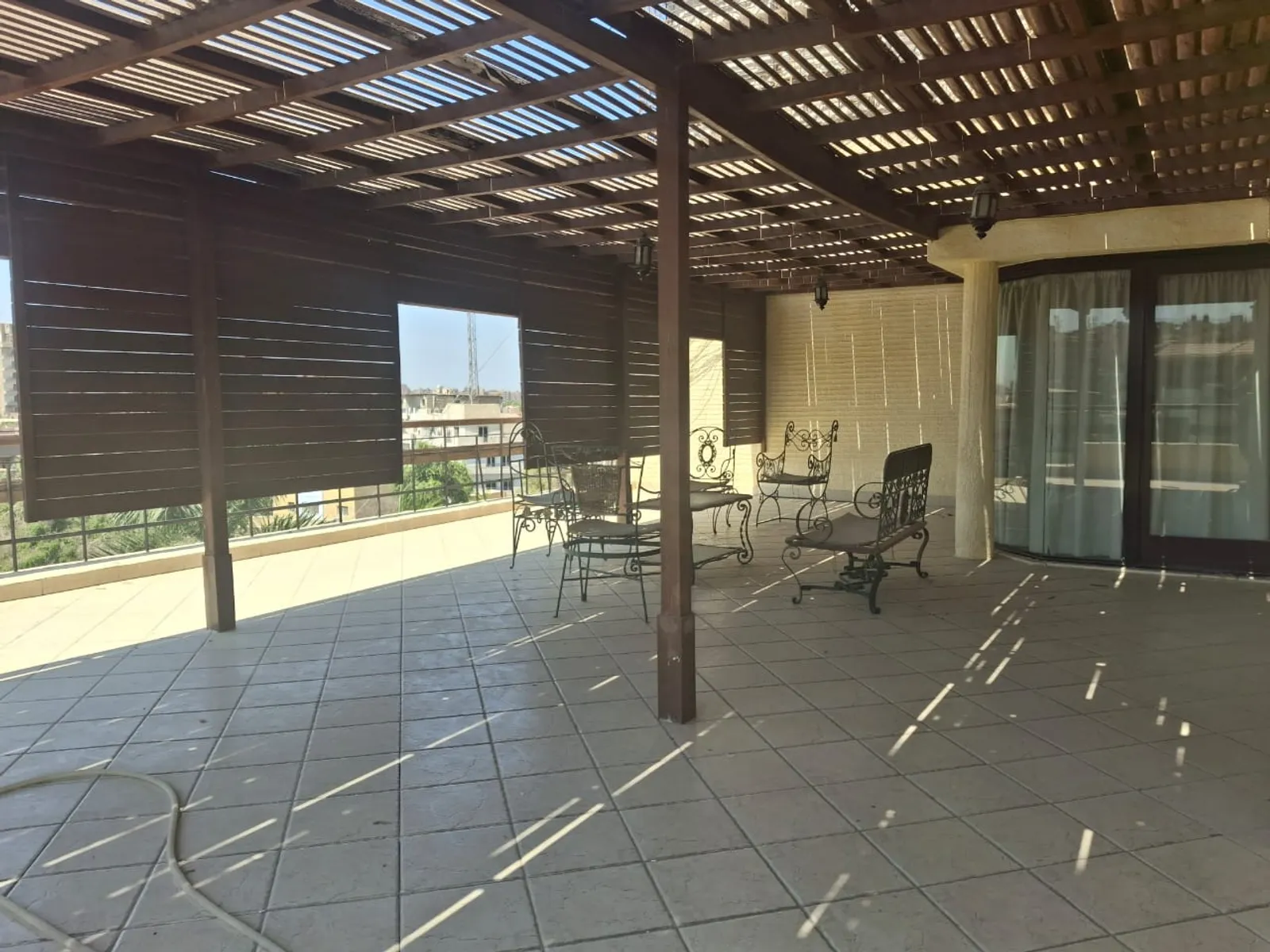WHAT IS THE DIFFERENCE BETWEEN A UNIT AND AN APARTMENT?
Finding an Apartment|9 MIN READ|Updated on: 22 September 2025|Written by: Marwa Samir
Unit vs Apartment
A unit is a general term used to refer to any self-contained living space that may be part of a larger building or complex. It could take the form of a single-family home, a townhouse, or even an apartment. A unit could also be rented out as part of a duplex or triplex, but it would still have its entrance and separate utilities metered.
On the other hand, an apartment is typically understood as a rental unit located in a multi-unit building. Apartments come in different sizes and layouts and are often owned by landlords who rent them out to tenants on either short-term or long-term leases. Unlike units, apartments usually share some common areas such as hallways, lobbies, elevators & parking areas.
While both units and apartments offer self-contained living spaces with privacy for the occupant(s), there are some key differences between them. Units tend to offer more autonomy and flexibility when it comes to amenities such as laundry facilities while apartments may provide shared access to communal amenities like pools and fitness centers at cheaper rates than what one would pay for the exclusive use of those facilities in a Unit setting.
Definition of Unit:
When it comes to the housing market, the terms "unit" and "apartment" are often used interchangeably. However, they do have some differences that are worth noting. A unit is defined as a single housing structure within a larger building or complex. This can include apartments, condominiums, or townhomes.
One key difference between a unit and an apartment is ownership. Apartments are typically rented from a landlord or property management company, while units can be owned by individuals who may choose to rent them out themselves or hire a property manager to handle rental operations.
Another distinction lies in the size of the living space. Units tend to be smaller than apartments since they are designed for efficiency and space optimization within a larger building complex. However, this does not mean that all units are small- there are many luxurious units available with ample square footage and high-end amenities to rival any apartment on the market.
What is a Unit?
When it comes to real estate, the terms "unit" and "apartment" are often used interchangeably. However, there is a slight difference between the two. A unit refers to any self-contained space within a larger building that can be individually owned or rented out. This means that a unit can be an apartment, condominium, townhouse, or even a commercial space.
On the other hand, an apartment is specifically designed for residential purposes and typically consists of one or more rooms used as living spaces. Apartments are usually leased by their tenants from landlords who own the entire building. They also come with shared amenities like laundry facilities and parking areas.
In summary, while all apartments are units, not all units are apartments. The term "unit" encompasses a broader range of spaces beyond just residential dwellings. It's essential to understand this distinction when searching for real estate properties to ensure that you find exactly what you're looking for based on your needs and preferences.
Definition of Apartment:
An apartment is a self-contained housing unit that occupies only a part of a larger building, typically on one floor. It usually consists of a bedroom or two, a living room, a bathroom, and a kitchen. Apartments are rented out to tenants who pay for the space they occupy either monthly or annually.
A unit, on the other hand, is an individual housing structure within a larger complex. Units can be detached houses, townhouses, or apartments. They can come in various sizes and configurations and may include outdoor spaces like yards or balconies. The key difference between apartments and units is that an apartment refers specifically to one type of rental property while a unit can refer to any single dwelling within the larger complex.
How to choose between renting an apartment vs renting a unit in Maadi Egypt for example, there are pros and cons to both options depending on your lifestyle preferences and budget constraints. Ultimately it’s up to you which type of rental property you choose as long as it meets your needs and fits within your financial means.
What is an Apartment?
An apartment is a self-contained housing unit that occupies only part of a larger building. The term "apartment" is commonly used in North America, while elsewhere in the world, it may be known as a flat. Apartments come in different sizes and layouts but usually consist of one or more bedrooms, a living room, and a bathroom.
On the other hand, a unit refers to any individual dwelling within a larger development, such as an apartment complex or townhouse community. A unit can refer to an apartment or condominium but can also include single-family homes within a planned development.
While both apartments and units are types of housing accommodations that offer similar benefits like convenient locations and access to shared amenities such as laundry facilities or fitness centers, they differ primarily in their ownership structure. Apartments are typically owned by one landlord who rents out individual units to tenants while units can be owned by individuals who then rent them out or reside there themselves.
Size Differences:
When comparing size differences, one significant factor to consider is the difference between a unit and an apartment. A unit typically refers to a single living space found within a larger building or complex, while an apartment usually denotes an entire self-contained living area with its own entrance. Units are generally smaller than apartments, making them ideal for people who prefer cozier spaces or those looking to save on rent.
Apartments tend to be more spacious and come in various sizes, from studios to multi-bedroom units that can accommodate families or groups of roommates. While they may cost more than units due to their larger sizes and additional amenities such as balconies or private patios, apartments offer more flexibility in terms of layout and functionality.
Ultimately, whether you choose a unit or an apartment depends on your lifestyle preferences and budget. While units may be suitable for single individuals or couples looking for affordable housing options, apartments offer more space and privacy that cater well to families or those who value comfort over cost.
Size and Layout Comparison
When it comes to choosing a place to live, the terms "unit" and "apartment" are often used interchangeably. However, there are some key differences between the two. One of the most obvious differences is size. Units are typically smaller than apartments, with less square footage overall. This can be an advantage for those who prefer a more compact living space, but may not be ideal for families or those who require more room.
Another factor to consider is the layout. Units often have a simpler layout than apartments, with fewer rooms and fewer customization options available. While this may make them easier to maintain and clean, it can also limit your ability to make changes or personalize your living space. Apartments tend to offer more varied layouts and amenities, such as balconies or larger kitchens.
The choice between a unit and an apartment will depend on your individual needs and preferences. Consider factors such as size, layout, location, amenities, and budget when making your decision.
Amenities:
Amenities are one of the main factors that distinguish a unit from an apartment. Units may offer fewer amenities than apartments, but they can still be comfortable and convenient living spaces. Common amenities in units include basic appliances such as a stove, refrigerator, and microwave. In addition, some units may also offer access to laundry facilities or on-site parking.
On the other hand, apartments tend to have more extensive amenities that cater to residents' lifestyles. These can range from high-end appliances and finishes to fitness centers and swimming pools. Other common features of apartment living include concierge services, package delivery rooms, and social areas such as game rooms or outdoor patios.
Overall, while both units and apartments offer spaces for people to live in, apartments generally provide more luxurious options for those who want additional comforts beyond basic necessities. However, depending on individual preferences and priorities for living arrangements, either option could be suitable for a comfortable home life.
Comparing Features and Amenities:
When looking for a new place to live, it's important to understand the difference between a unit and an apartment. A unit typically refers to a single living space within a larger complex, such as a condo or townhome. It may have its own entrance, but it shares common areas like hallways and outdoor spaces with other units. An apartment, on the other hand, is often used as a general term for any rental dwelling that has its own entrance and no shared living areas.
One of the main differences between units and apartments is the level of privacy they offer. With a unit, you may have neighbors who share walls or floors with you, which can lead to noise disruptions or a lack of privacy. Apartments typically offer more privacy since they are standalone dwellings with their own entrances and no shared walls.
Another difference is in terms of amenities and features. Units within larger complexes often come with access to community amenities such as pools, fitness centers, or playgrounds. However, these amenities may come at an extra cost or be subject to availability. Apartments may come with their own set of features like in-unit laundry or private patios without shared amenities outside of the building itself. Ultimately, when deciding between renting a unit vs an apartment - it’s important to evaluate your priorities regarding space requirements and desired level of privacy before choosing which option will be best suited for your needs!
Location and Complexes:
When it comes to searching for a place to live, the terms "unit" and "apartment" are often used interchangeably. However, there is a subtle difference between the two. A unit typically refers to one individual living space within a larger building or complex, while an apartment generally denotes a complete living area with its own separate entrance.
The location of these units and apartments can also play an important role in the decision-making process. For example, complexes located in urban areas may offer easy access to public transportation, shopping centers, and entertainment venues. On the other hand, complexes situated in suburban or rural locations may provide more privacy and tranquility.
Additionally, specific amenities offered by different locations and complexes can vary greatly. Some properties may include features such as swimming pools or fitness centers, while others may offer on-site laundry facilities or parking options. Ultimately, choosing the right location and complex will depend on individual preferences and lifestyle needs.
Where They Are Found
Units and apartments are two terms that are often used interchangeably in the real estate industry. However, there is a subtle difference between the two. Units refer to individual living spaces within a larger residential or commercial building, while apartments typically refer to self-contained living spaces within a single building.
Units can be found in various types of buildings such as condominiums, townhouses, and multi-family residences. They can also be rented out for residential or commercial purposes. Apartments, on the other hand, are usually owned by one entity and rented out to tenants.
When it comes to location, units, and apartments can be found in urban areas where space is limited and demand for housing is high. They may also be found in suburban areas where land prices are lower but still provide access to essential amenities such as schools and public transportation.
Whether you choose a unit or apartment will depend on your personal preference and lifestyle needs. Both options offer unique advantages that cater to different housing requirements. It's important to research thoroughly before making any decisions about your next home.
Cost Differences:
When it comes to renting a new place, you might come across the terms "unit" and "apartment" interchangeably. However, there are some cost differences that set them apart. For starters, apartments tend to be more expensive than units since they often come with additional amenities such as on-site maintenance and security systems. They also usually have larger floor plans and may be located in more desirable neighborhoods.
Units, on the other hand, can be more affordable since they are typically part of a larger building or complex that includes multiple units. While they may not come with all the bells and whistles of an apartment, they still provide the basic necessities for comfortable living such as a kitchen and bathroom. Additionally, units may offer more flexibility in terms of lease agreements since landlords may be willing to negotiate shorter-term leases or allow for subletting options.
Overall, when deciding between an apartment and a unit, it's important to consider both your budget as well as your personal preferences for location and amenities.
Price Variations
One factor that can cause price variations between units and apartments is the size. Typically, apartments are larger than units, and as a result, they cost more. Another factor that affects the price differences is the amenities offered in each unit type. Units typically have fewer amenities compared to apartments, which can also play a role in pricing.
However, it's worth noting that location plays a significant role in determining the prices of both units and apartments. Apartments located in prime locations such as city centers or near public transport may cost more than those located further away from these facilities. Similarly, units located nearer to essential amenities like schools or hospitals may be priced higher than those situated further from them.
Ultimately the decision on whether to go for an apartment or a unit comes down to your budgetary needs and preferences for space and amenities. By understanding what determines their costs, you can make an informed decision on which one suits your needs best without overspending on rent unnecessarily.
Final Thoughts
In conclusion, understanding the difference between a unit and an apartment is crucial for anyone looking to lease or rent a living space. While the terms are sometimes used interchangeably, they refer to different types of housing arrangements. An apartment typically refers to a self-contained living space that is part of a larger building complex with shared amenities. Meanwhile, a unit can refer to any self-contained housing arrangement, including apartments but also townhouses, or even single-family homes.
It's important to keep in mind that there may be legal distinctions between units and apartments as well. Depending on local regulations and zoning laws, certain types of housing arrangements may require additional permits or approvals before they can be leased out. Additionally, landlords and property managers may have different expectations around upkeep and maintenance depending on whether their property is considered an apartment complex or simply multiple units under one roof.
Overall, whether you're a prospective tenant or landlord, it's important to understand the nuances between these terms in order to make informed decisions about renting and leasing properties. By doing your research upfront, you can avoid confusion down the line and ensure that both tenants and landlords are on the same page about what type of housing arrangement is being offered and as well you will find all you need to know to choose the right apartment for rent.
